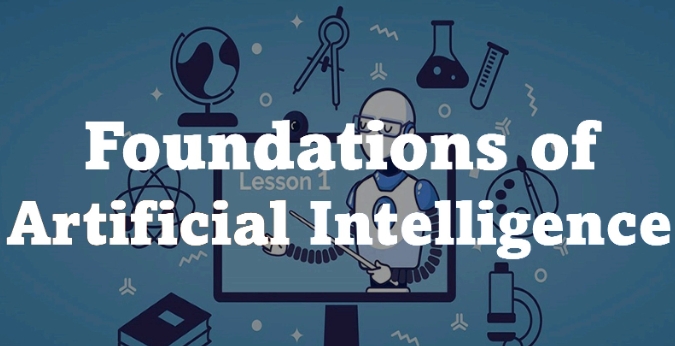Artificial intelligence (AI) has become an integral part of our daily lives, but its roots date back centuries. By understanding the foundations of AI, we can better appreciate its development and potential for the future.
The Early Beginnings of AI
The concept of AI can be traced back to ancient civilizations such as Greece and China. Philosophers and scientists pondered the idea of creating machines that could mimic human thought processes.
The Birth of Modern AI
The term “artificial intelligence” was coined in the 1950s by computer scientist John McCarthy. He and other researchers began developing algorithms and models that could simulate human intelligence.
The Role of Logic and Reasoning
One of the key foundations of AI is logic and reasoning. Researchers developed logical systems that could process information and make decisions based on predetermined rules.
The Rise of Machine Learning
In the 1980s, machine learning became a significant aspect of AI research. This approach allowed computers to learn from data and improve their performance over time without explicit programming.
Deep Learning and Neural Networks
Deep learning, a subset of machine learning, utilizes artificial neural networks to model complex patterns in data. This technology has revolutionized AI applications, from image recognition to natural language processing.
The Future of AI
As AI continues to evolve, researchers are exploring new technologies such as quantum computing and reinforcement learning. These advancements have the potential to revolutionize industries and transform society.
In conclusion, the foundations of artificial intelligence are deeply rooted in logic, reasoning, and machine learning. By understanding these principles, we can appreciate the progress made in AI and look forward to its future innovations.

